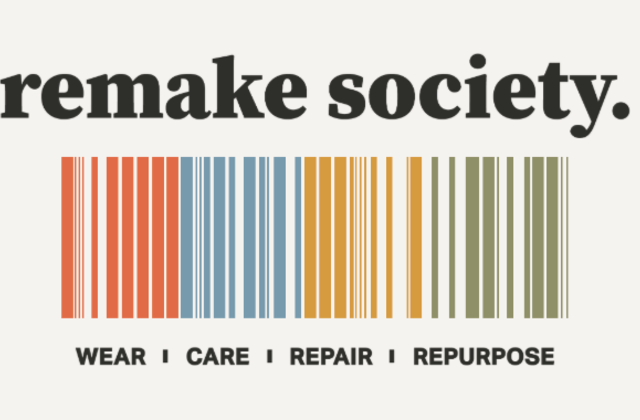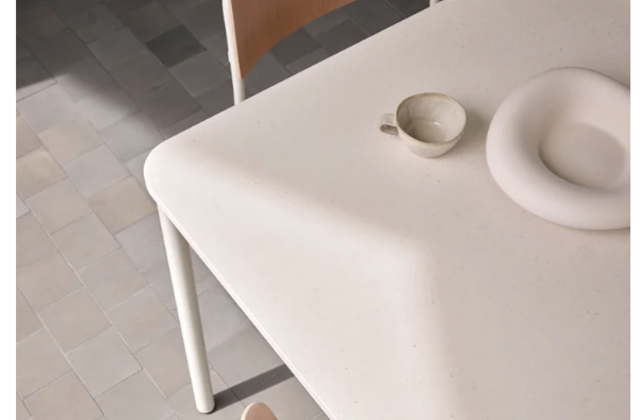Fashion, clothing and textiles
What is it? Ycloset is an online platform that provides clothes rental service across major cities in China. This business model addresses the high turnover of clothing in China by keeping the clothes in use for longer (Ellen MacArthur Foundation, 2020).
Why is this important? Today’s linear clothing system relies heavily on virgin feedstock and non-renewable resources and creates negative societal and environmental externalities (Reinecke et al., 2019). At the same time, clothing is also underutilised. In China, for example, clothing utilisation - the average number of times a garment is worn before it ceases to be used - has decreased by 70% over the last 15 years (Ellen MacArthur Foundation, 2017). It is estimated that China throws away 26 million tonnes of textile waste every year (Ellen MacArthur Foundation, 2020). New business models are needed that meet fashion demand while minimising social and environmental impact.
Main resource strategy: Slowing the loops by extending the lifetime of clothes by keeping it in use for longer. This is also supported by the reverse logistics of Ycloset through its dry-cleaning services. This model also potentially curtails impulses purchases
Other resource strategies: Closing the loop potentially if closed get recycled at the end of their lifetime.
Business model aspects:
- Value Proposition: customers can access a large catalogue of up-to-date clothing items with a monthly subscription
- Value Creation & Delivery: Each month, subscribers can access up to 30 items of clothing from a catalogue of over 150,000 mid- to high-end clothing options. The services also include dry cleaning, same-day rental pick-up and delivery (Zhang, 2017).
- Value Capture: Monthly subscription fee of CNY 499 (USD 80) (Zhang, 2017).
Business model experimentation practices: H&M has recently announced a 3-month pilot launch of its COS fashion line on the Y closet platform in China (H&M, 2019).
Sustainability outcomes: Yet to be assessed
Sources
Ellen MacArthur Foundation. (2017). A New Textiles Economy: Redesigning fashion’s future. Accessed 18 November 2020 at: https://www.ellenmacarthurfoundation.org/publications/a-new-textiles-economy-redesigning-fashions-future
Ellen MacArthur Foundation. (2020). A wardrobe in the cloud. Accessed 18 November 2020 at: https://www.ellenmacarthurfoundation.org/case-studies/a-closet-in-the-cloud
H&M. (2019). H&M Group tests subscription rental in China. Accessed 8 December 2020 at: https://hmgroup.com/media/news/general-news-2019/h-m-group-test-subscription-rental-in-china.html
Reinecke, J., Donaghey, J., Bocken, N., & Lauriano, L. (2019). Business Models and Labour Standards: Making the Connection. Technical report Ethical Trading Initiative. Accessed 9 December 2020 at: https://www.ethicaltrade.org/sites/default/files/shared_resources/Business%20models%20%26%20labour%20standards.pdf
Reuters. (2019). H&M's brand COS to test clothing rentals in China with YCloset. Accessed 25 November 2020 at: https://www.reuters.com/article/us-h-m-rental-idUSKBN1YA17G
Zhang, E. (2017). "Rent-to-Buy" the Chinese Runway. Accessed 18 November 2020 at: https://medium.com/the-harbinger-china/rent-to-buy-the-chinese-runway-cc6e6fa07bca
***
About project Circular X
Project Circular X is about ‘Experimentation with Circular Service Business Models’. It is an ambitious research project funded by the European Research Council (ERC) which supports top researchers from anywhere in the world. Project CIRCULAR X runs from 2020-2025. The project is led by Principal Investigator (PI) Prof Dr Nancy Bocken, who is joined by a multidisciplinary team of researchers at Maastricht Sustainability Institute (MSI), Maastricht School of Business and Economics, Maastricht University. The project cooperates with businesses who want to innovate towards the circular economy.
Project Circular X addresses a new and urgent issue: experimentation with circular service business models (CSBMs). Examples of such new business models include companies shifting from selling products to selling services and introducing lifelong warrantees to extend product lifetimes. However, CSBMs are far from mainstream and research focused on experimentation is little understood. The research aims to conduct interdisciplinary research with 4 objectives:
- Advancing understanding of CSBMs; their emergence and impacts
- Advancing knowledge on CSBM experimentation
- Developing CSBM experimentation tools
- Designing and deploying CSBM experimentation labs
Funding source
This project has received funding from the European Research Council (ERC) under the European Union’s Horizon 2020 research and innovation programme, grant agreement No. 850159.
Using this information
When you cite this publication, please use the following source:
Circular X. (2020) Case study: YCloset - Rental service. Accessed from www.circularx.eu



